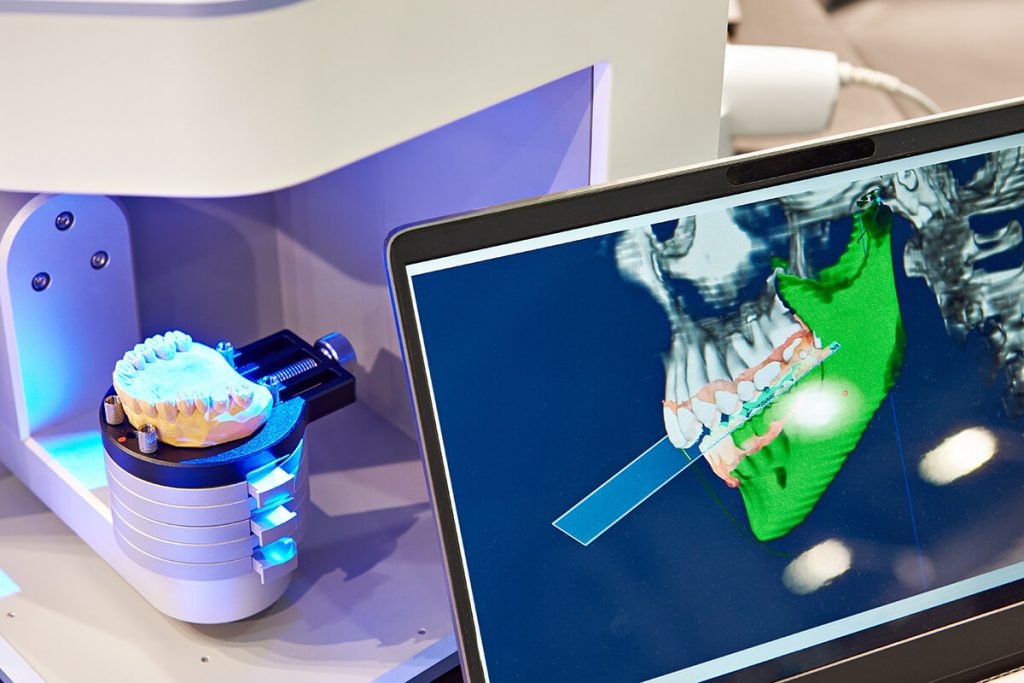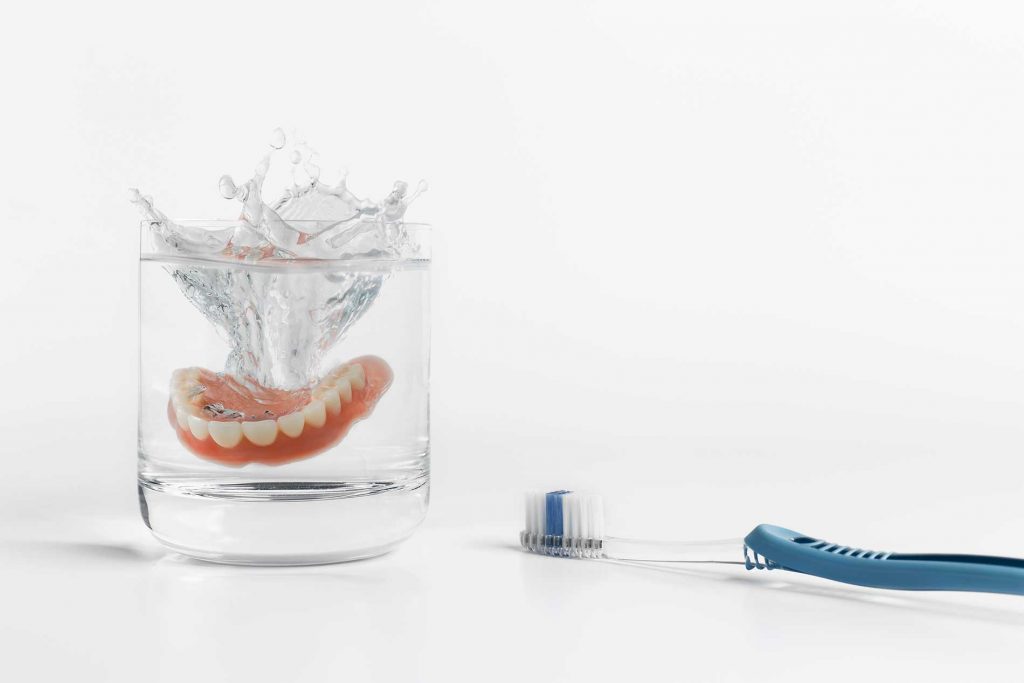Adjusting to new dentures can take some getting used to. Even though they look natural and give you back your smile after tooth damage or loss, they’re not your original teeth. For most new denture-wearers, it can take up to a month to become comfortable wearing them. In addition to adapting to a new way of smiling, eating, speaking, and drinking, your mouth is also getting used to the feeling and functionality of dentures.
Community Denture Centre understands this period of adjustment—we’ve created this quick guide to help you quickly adapt!










